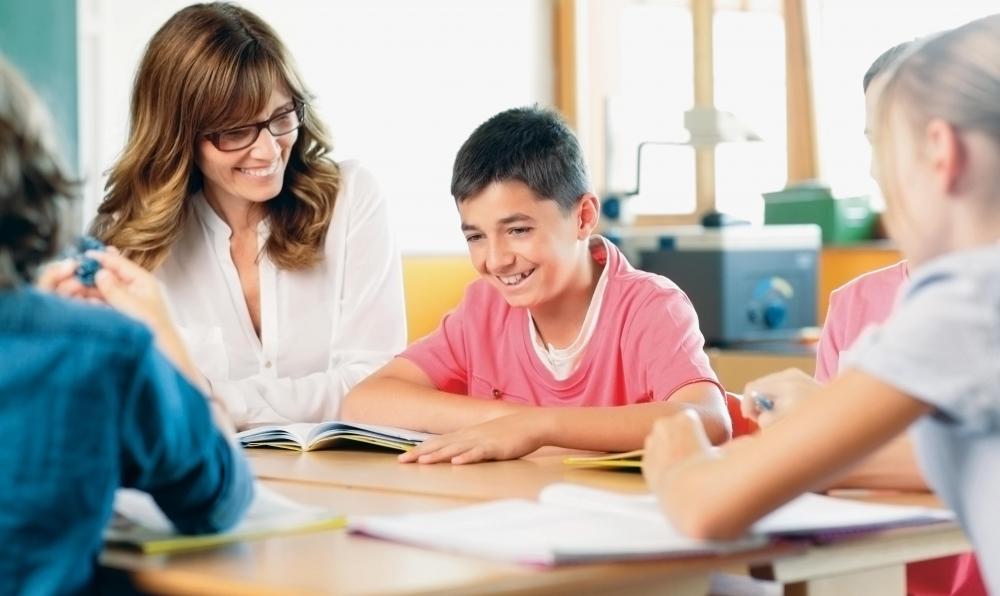At WiseGEEK, we're committed to delivering accurate, trustworthy information. Our expert-authored content is rigorously fact-checked and sourced from credible authorities. Discover how we uphold the highest standards in providing you with reliable knowledge.
What Does an Academic Psychologist Do?
An academic psychologist, also known less formally as a school counselor, works within an elementary, middle or high school to support children's psychological needs as related to their academic challenges, learning styles, peer social interactions, family environments and possible learning disabilities. The term academic psychologist distinguishes those school counselors prepared with training and education in psychology and counseling as opposed to counselors with a background in social work. Academic psychologists coordinate the actions and goals of the students, parents, teachers and other involved parties through both formal treatment plans and informally. They are often responsible for developing and coordinating school-wide educational programs, such as issues involving bullying or sexual abuse, as well as counseling individual students as they struggle with family challenges or developmental changes. In some school systems, these counselors are also charged with the responsibility for coordinating the development of individualized educational plans (IEPs) for pupils with learning disabilities or behavioral issues.
Often, an academic psychologist serves as the point of referral for teachers who suspect a learning disability, principals who recognize chronic behavioral issues or parents seeking answers to their children's poor performance or dislike of school. After meeting with the child, depending upon the school system policy, the academic psychologist then determines actions necessary to identify the problem. These actions may consist of making outside referrals to area physicians, such as child psychiatrists; ophthalmologists; ear, nose and throat (ENT) specialists or pediatric neurologists to determine possible organic causes for the child's reported difficulties. Other evaluations are usually conducted within the school or school system itself, and may involve diagnostic screenings for learning disabilities or academic exams to evaluate a child's current grade level performance. An academic psychologist will also coordinate the development of a child's IEP as well as arranging group meetings among the student, teachers, parents and other staff to confirm the efficacy of the plan.

System-wide or school-wide programs on significant social issues may also be a responsibility of an academic psychologist. Based upon current issues of concern and administrative direction, an academic psychologist may develop or implement established education and awareness programs on issues such as bullying, sexual abuse, racism or sexism. Details and the methods of communicating the message depend upon the school's level — elementary, middle or high school — and a school's specific demographics. Collaborating with the teaching staff regarding these school-wide programs can further emphasize the program message.
AS FEATURED ON:
AS FEATURED ON:















Discuss this Article
Post your comments